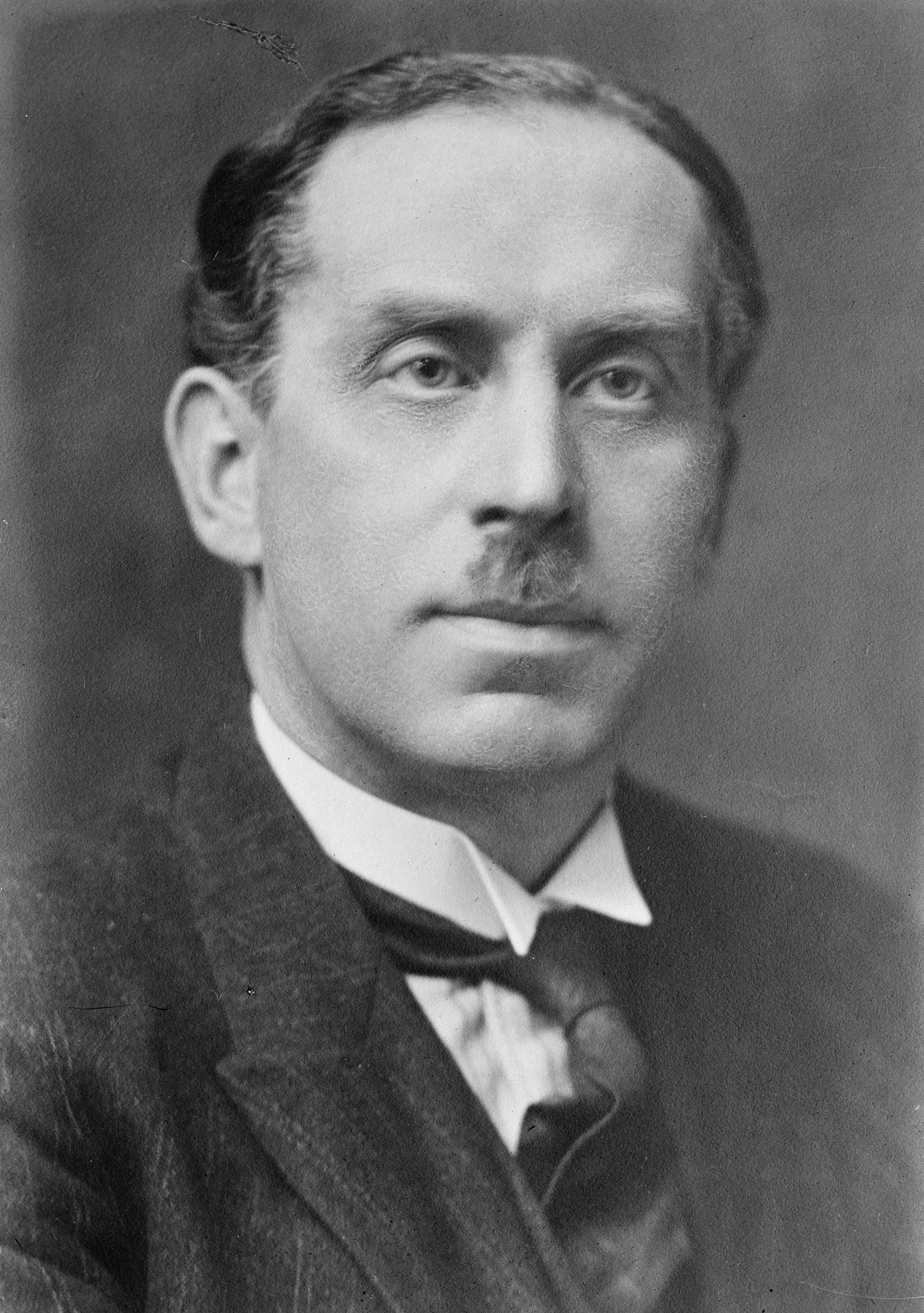Barkla, Charles Glover (1877-1944), an English physicist, carried out important research into X rays and demonstrated that when a beam of X rays is shone onto a material, X rays come back from that material. X rays travel in straight lines at the speed of light—186,282 miles (299,792 kilometers) per second—in the form of related electric and magnetic energy, called electromagnetic waves. In addition, X rays darken photographic film in much the same way that light does. The way in which a solid deflects X rays tells scientists about the size, shape, and arrangement of its molecules. Barkla won the 1917 Nobel Prize in physics for this discovery, called Roentgen radiation (the name that scientists originally gave to X rays).

In 1902, Barkla began to study X rays at University College, Liverpool, in the United Kingdom. He showed that they were waves, like light, and not particles. Barkla’s research demonstrated that some of the X rays that come back from a material are the original X rays reflected without change, but others are given out by atoms of the material, and have different wavelengths from the original radiation. These wavelengths show what kinds of atoms are present in the material, and provide scientists with a way of detecting and identifying small quantities of chemical elements in a substance.
Barkla was born on June 27, 1877, in Widnes, Lancashire, England. In 1898, he earned a first class honors degree in physics from University College, Liverpool. He obtained his master’s degree the following year. After spending three years at Cambridge University, first at Trinity and then at King’s College, he was appointed as Oliver Lodge Fellow at Liverpool University, where he lectured in physics and advanced electricity. In 1909, the University of London appointed him Wheatstone Professor of Physics. Four years later, Barkla accepted the chair in Natural Philosophy at the University of Edinburgh, and served in that capacity until his death on Oct. 23, 1944.
